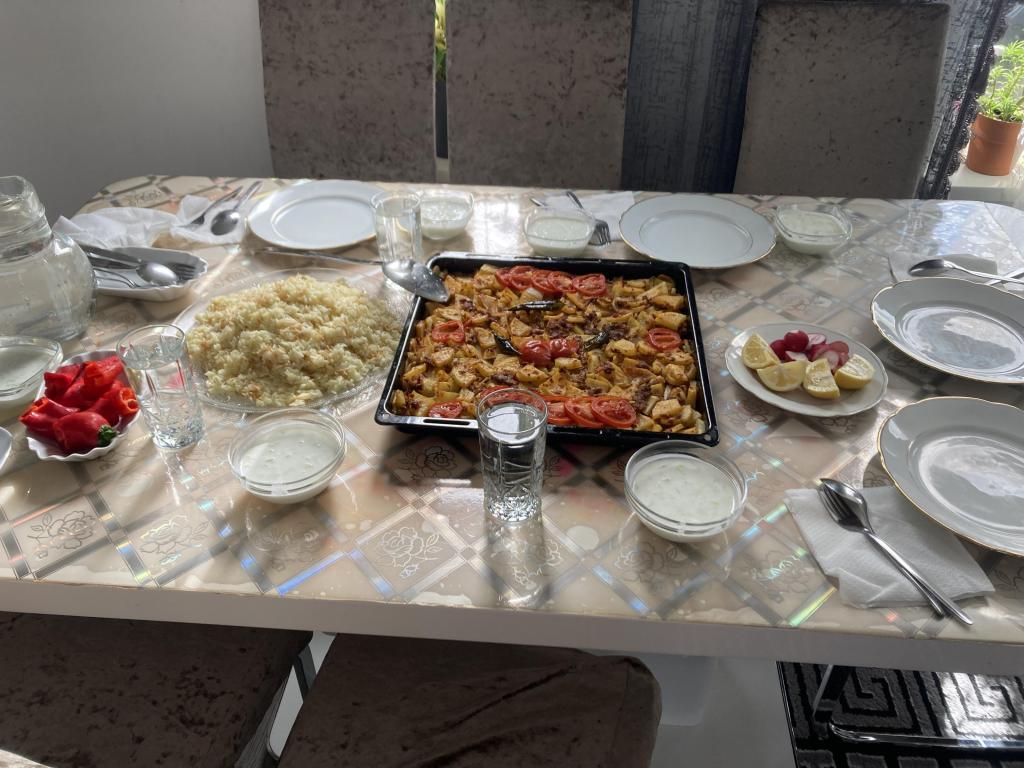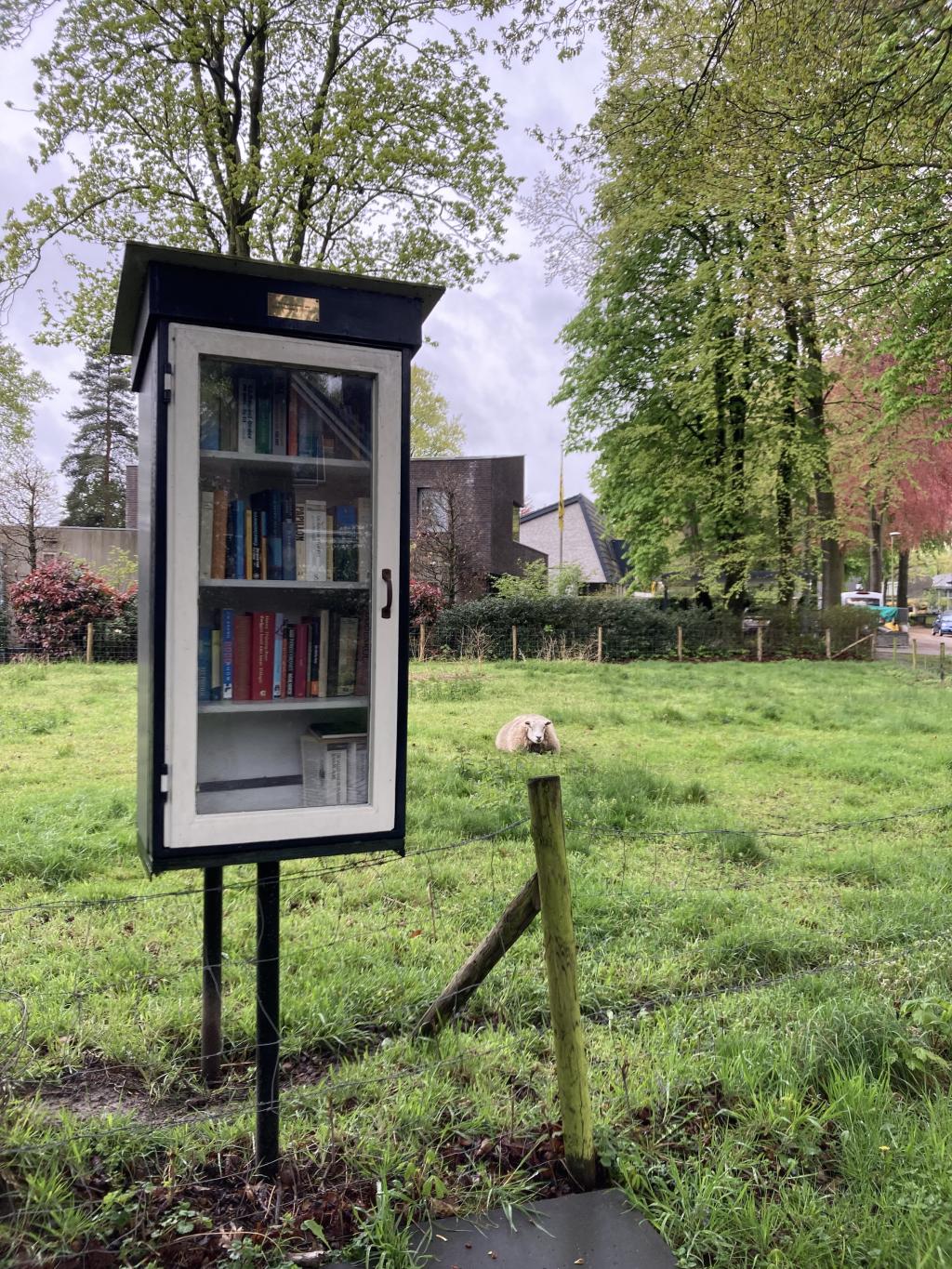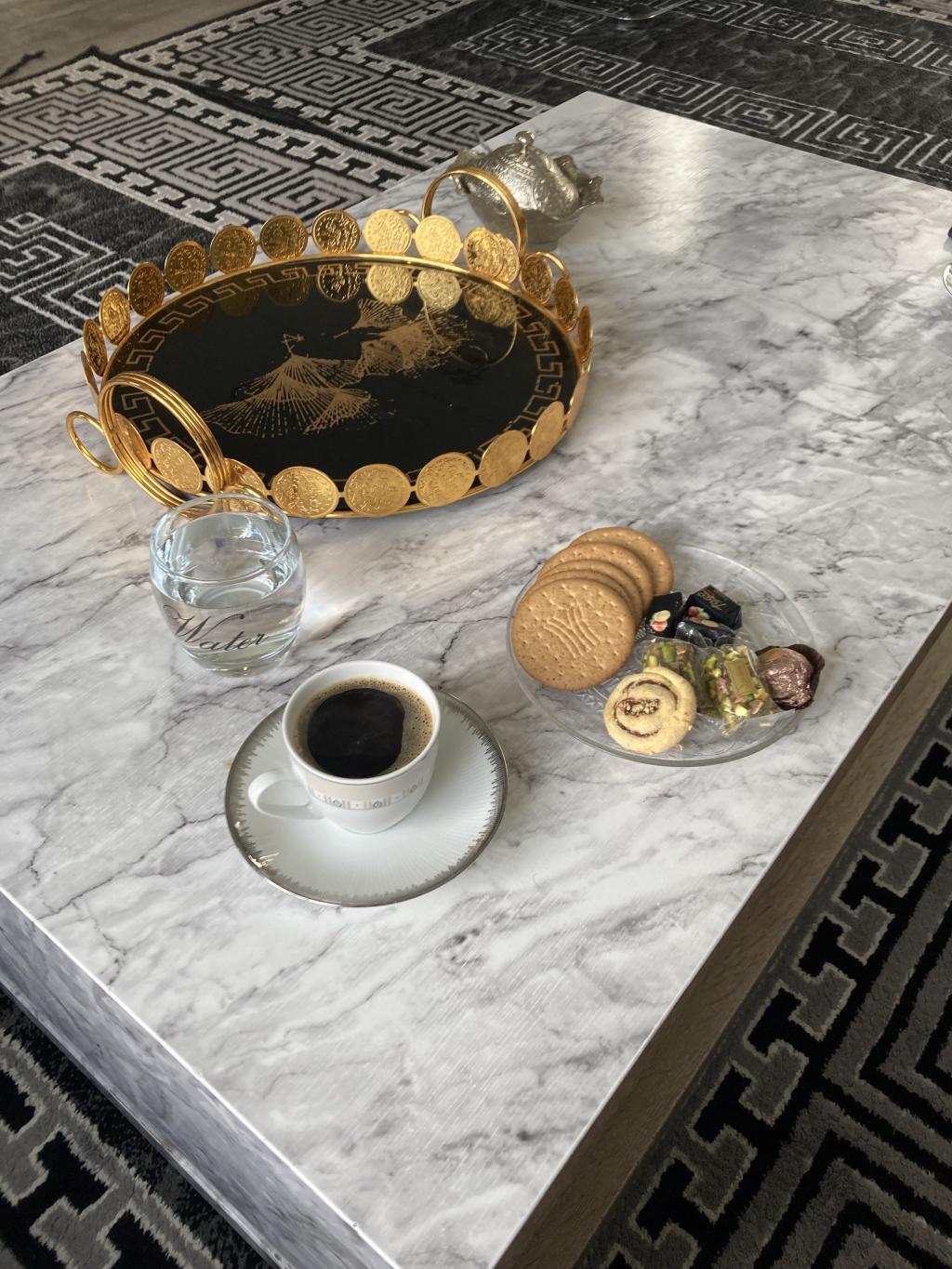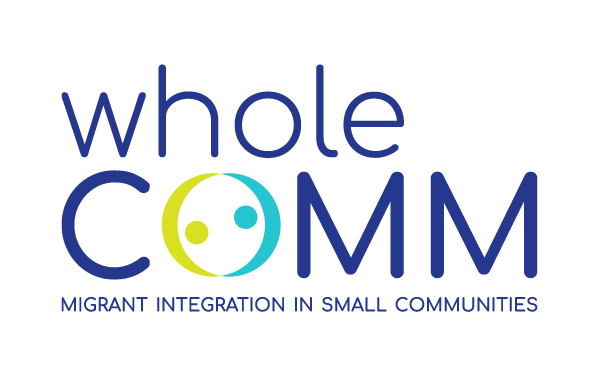Blogpost – Whole-COMM – by Elina Jonitz (EUR)
In April 2021, 13 partners joined forces to explore how medium-sized and small localities as well as rural areas across eight European and two non-European (Turkey and Canada) countries have responded to the arrival of refugees and migrants since 2014. Now, after a little bit more than three years, the European research project Whole-COMM has come to an official end – time for some personal reflections on my involvement in the project.
When telling people about my research project, I often receive questions such as: “So, which country does it best? Where is ‘migrant integration’ most successful?” or “How do people themselves experience and perceive their ‘integration’?”
Instead of naming one specific country and giving a seemingly simple answer, I usually explain that ‘successful integration’ is highly dependent on people’s personal perception or idea of integration and the particular local context in which ‘integration’ actually unfolds. While this answer is not always satisfactory as it lacks the often-desired straightforwardness, it is reflective of the manifold insights I gained when entering the field during my research. As part of my research, I had the wonderful opportunity to travel to four small(er) municipalities in the Netherlands in different parts of the country and speak to many people who had either come as a refugee to the country or who were professionally involved in the policy area of ‘integration’.
From their stories, I learned that for some ‘integration’ is primarily equated with finding employment, being able to pay your own bills and speaking Dutch; for others, it means being actively engaged in community life or having a sense of belonging and happiness. ‘Success’ is then consequently also defined in highly differing terms – and often not aligning with national policy goals where refugees’ ‘fast’ (labor market) participation is prioritized and desired. I learned that even when ‘integration’ is considered successful on paper – for instance when people finish their mandatory civic integration trajectory and find work –, people may nonetheless find themselves in isolated and precarious (employment) situations, with limited possibilities for interaction and exchange. For example, some respondents started working on temporary contracts as cleaner or delivery driver with few chances to interact and connect with (Dutch) colleagues.
I learned that ‘integration’ is a multi-layered and multi-faceted process, going beyond mere economic embeddedness in the labor market. It is a process which touches upon taken-for-granted ways of living and presumably well-known narratives of ‘the other’, requiring people to “become familiar” with and learn from one another. This became, for instance, visible in a rural area in Drenthe where local residents expressed their concerns regarding the ‘integration’ of newcomers because they would hang the ‘wrong’ type of curtains in their windows and keep them closed during the day. The arrival and ‘integration’ of newcomers seemingly challenged residents’ taken-for-granted way of living by confronting them with something “unfamiliar”.
I learned that people are acutely aware of such expressed concerns and the often-negative narratives or images about migration in general and (Muslim) refugees in particular. This awareness, in turn, also influences how they approach and interact with ‘Dutch’ residents as they fear being rejected due to their refugee background. I learned that some people worry in a similar manner about their children’s future and if they will ever be seen as part of this society. Or, as one woman from Afghanistan pointedly put it:
“If I get treated as a foreigner, I understand. It is painful, but I can accept it. But for children who were born here and have never seen Afghanistan, they only know that their parents come from Afghanistan, they have no other country. For these children it would be very difficult if they were treated as foreigners and not equally.”
I learned that amongst such worries, seemingly small steps – such as having a longer conversation in Dutch or having a new friend or neighbour over for dinner – are celebrated as small successes as well. I learned that in communities where anti-immigrant attitudes (may) prevail, such small ‘successes’ reflected in every-day encounters and interactions between people become even more important. This observation, in turn, underlines the importance of having local spaces where people can meet and exchange and “become familiar” with one another. Importantly, this requires the involvement and engagement of the whole (of) community: new and old residents, local associations and initiatives, service providers, policymakers and politicians alike.
Finally, I learned to be immensely grateful to have met such wonderful and hospitable people over the course of the past three years who invited me to their homes, shared their personal life stories with me and treated me with delicious home-made food and endless supplies of coffee.
What is Whole-COMM?
Whole-COMM is a three-year research project exploring the integration of post-2014 migrants in 49 small and medium-sized towns and rural areas in 8 EU countries, Turkey and Canada. Whole-COMM aims to make a concrete contribution to the formulation of innovative and effective policies, involving stakeholders at European, national and local level, for building more cohesive and resilient communities able to proactively embrace change. Subscribe to Whole-COMM newsletter to keep up to date with the projects' activities and results: whole-comm.eu/contacts/ This project has received funding from the European Union’s Horizon 2020 research and innovation programme under grant agreement number 101004714.








